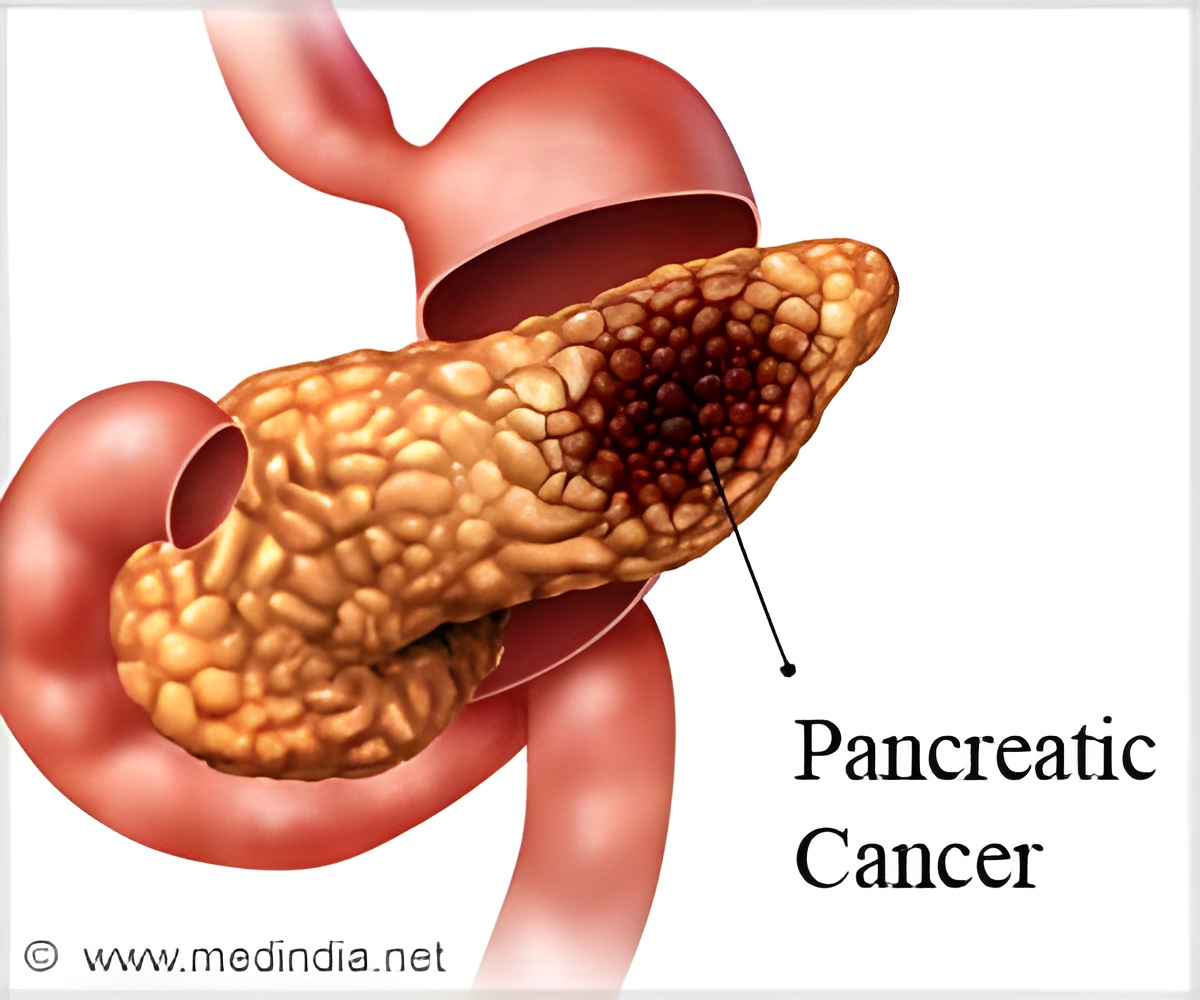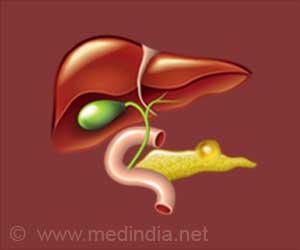
‘Pancreatic cancer typically spreads rapidly to nearby organs. It is seldom detected in its early stages. But for people with pancreatic cysts or a family history of pancreatic cancer, some screening steps might help detect a problem early.’
Tweet it Now
New findings from a University of Pennsylvania-led team offer a promising target for future therapies that could potentially root out even well-hidden metatstatic cancer lesions. When they deleted the gene encoding this protein in mice with the disease, the animals lived longer, and the cancer's spread to other organs was reduced. "We thought that by targeting this protein we would see a big change in the primary tumor, and, while we do see a delay, the big change was in the metastasis," said Ellen Puré, the study's senior author and chair of the Department of Biomedical Science in Penn's School of Veterinary Medicine. "It looks like this protein might be a druggable target, so we're hoping that with some additional follow-up work, it's something that we'll see go into patients."
Puré collaborated on the work with Penn Vet's Albert Lo, Elizabeth L. Buza, Rachel Blomberg, Priya Govindaraju, Diana Avery and James Monslow; Chung-Pin Li of Taipei Veterans General Hospital and National Yang-Ming University School of Medicine; and Michael Hsiao of the Academia Sinica Genomics Research Center in Taipei.
Their paper was published in the Journal of Clinial Investigation Insight.
To gain a clearer understanding of cancer biology and expand the range of potential therapeutics, researchers such as Puré and her colleagues have increasingly expanded their research focus, from examining the tumor cells in isolation to a fuller picture of how tumors interact with their surrounding tissues. This investigation of the so-called "tumor microenvironment" has revealed that seemingly "normal" tissues that envelop the tumor, known as the stroma, can impede, allow or even encourage tumor growth, depending on a host of factors.
Advertisement
"If you take a tumor cell and put it on normal stroma," Puré said, "it will typically inhibit tumor growth. You need to have a permissive stroma to let a neoplastic cell grow out of control and eventually metastasize."
Advertisement
In earlier studies of the role of the tumor microenvironment, Puré and colleagues discovered a protein that plays a role in shaping the physical nature of the stroma, a protein-cleaving enzyme called FAP, for fibroblast activation protein. In a 2016 publication, the researchers demonstrated that this enzyme digests collagen, a primary component of the stromal extracellular matrix, by snipping intermediate-sized pieces of collagen into degradable fragments. This FAP-dependent turnover of stroma enhances tumor growth. When the team deleted or inhibited FAP in mouse models of lung and colon cancer, it led to an accumulation of matrix material and inhibited tumor growth because the undigested collagen restrained the tumor and prevented it from receiving an adequate blood supply.
"Collagen is something we have to understand a lot more about in the context of the tumor microenvironment," Puré said. "A lot of people think it's just the amount of collagen present, but we're showing that it's more complicated; the architecture and structure play a critical role."
In the current work, the researchers looked to pancreatic cancer, a tumor type that is dominated by connective tissue, to see whether modulating FAP could make a dent in the primary tumor growth and, importantly, whether it played a role in making other organ's tissue more susceptible to metastatic lesions.
First the researchers looked to tissues samples from human patients and found that FAP levels correlated with prognosis. Those patients with high levels of FAP expression in their stromal cells had shorter survival times compared with patients with lower FAP levels.
In a mouse model of pancreatic cancer, abolishing FAP expression delayed the onset of disease by five weeks and prolonged the animals' overall survival by 36 days.
Drilling down into how FAP affected the disease course, the researchers found that FAP-depleted tumors had more signs of necrosis, a form of cell death, and greater infiltration of white blood cells, suggesting that FAP may normally act to prevent the immune system from controlling tumors.
Perhaps the more significant effect of FAP, however, was to reduce the cancer's spread from the pancreas to other organs.
"This is the first time we've shown that FAP is important for promoting metastasis," Puré said. "By targeting FAP with a drug, we may be able to slow down the spread of the cancer by treating distal tissues that you don't even realize are getting ready to accept tumor cells, a phenomenon referred to as treating premetastatic niches. That is the hope."
In future work, Puré's group will be narrowing down what aspect of FAP is responsible for promoting disease progression. Inhibitors to its protein-cleaving activity already exist, so, if that is found to be responsible for its role in driving cancer, the path to a human therapy may be alluringly in reach.
Source-Eurekalert















